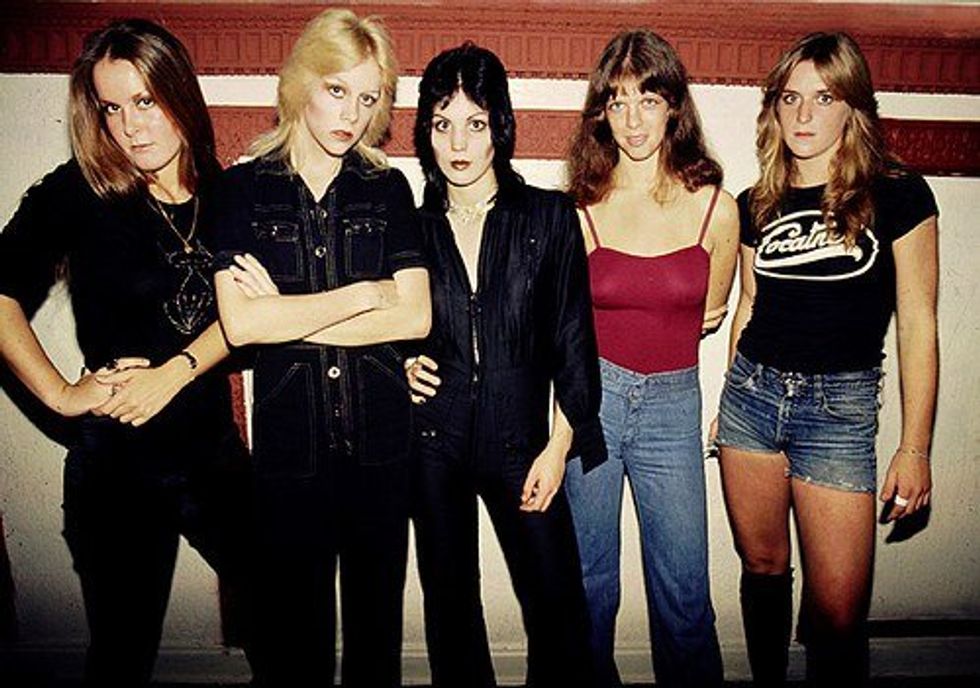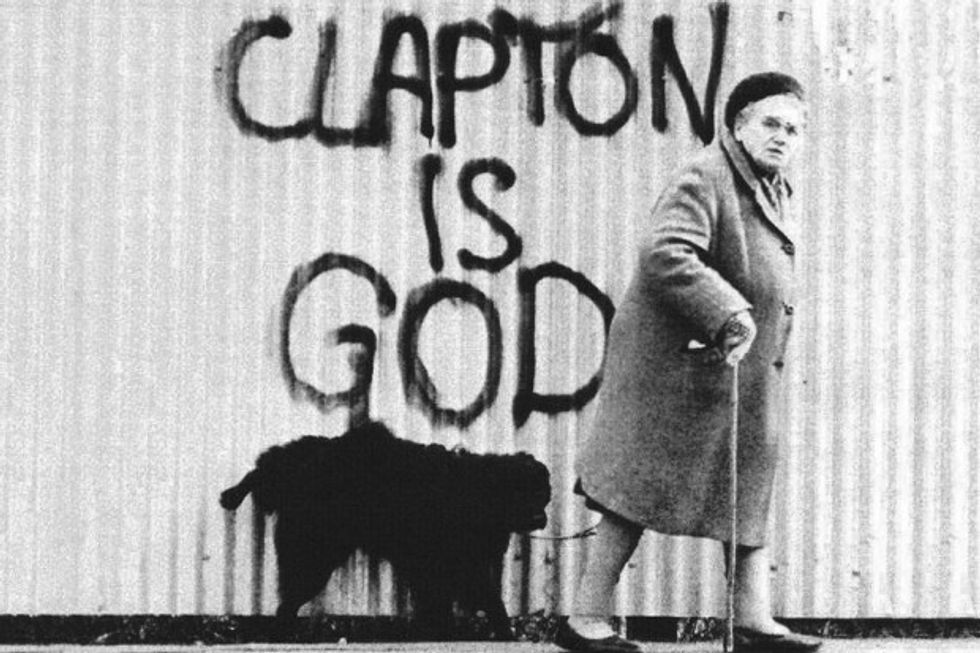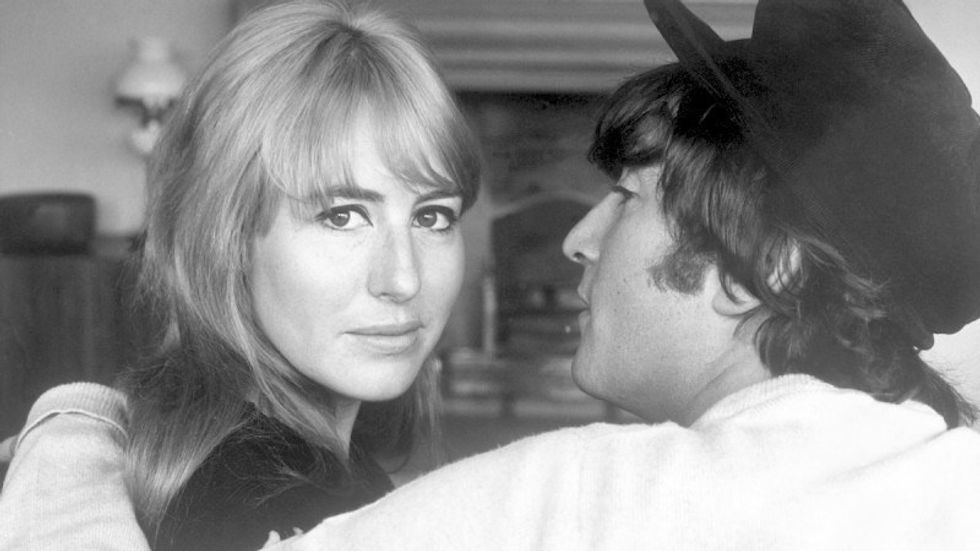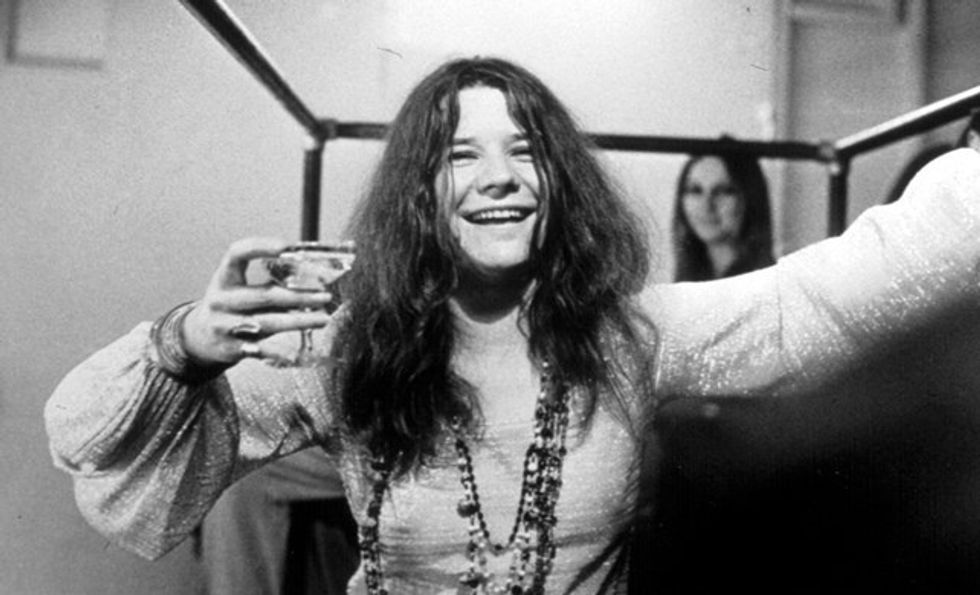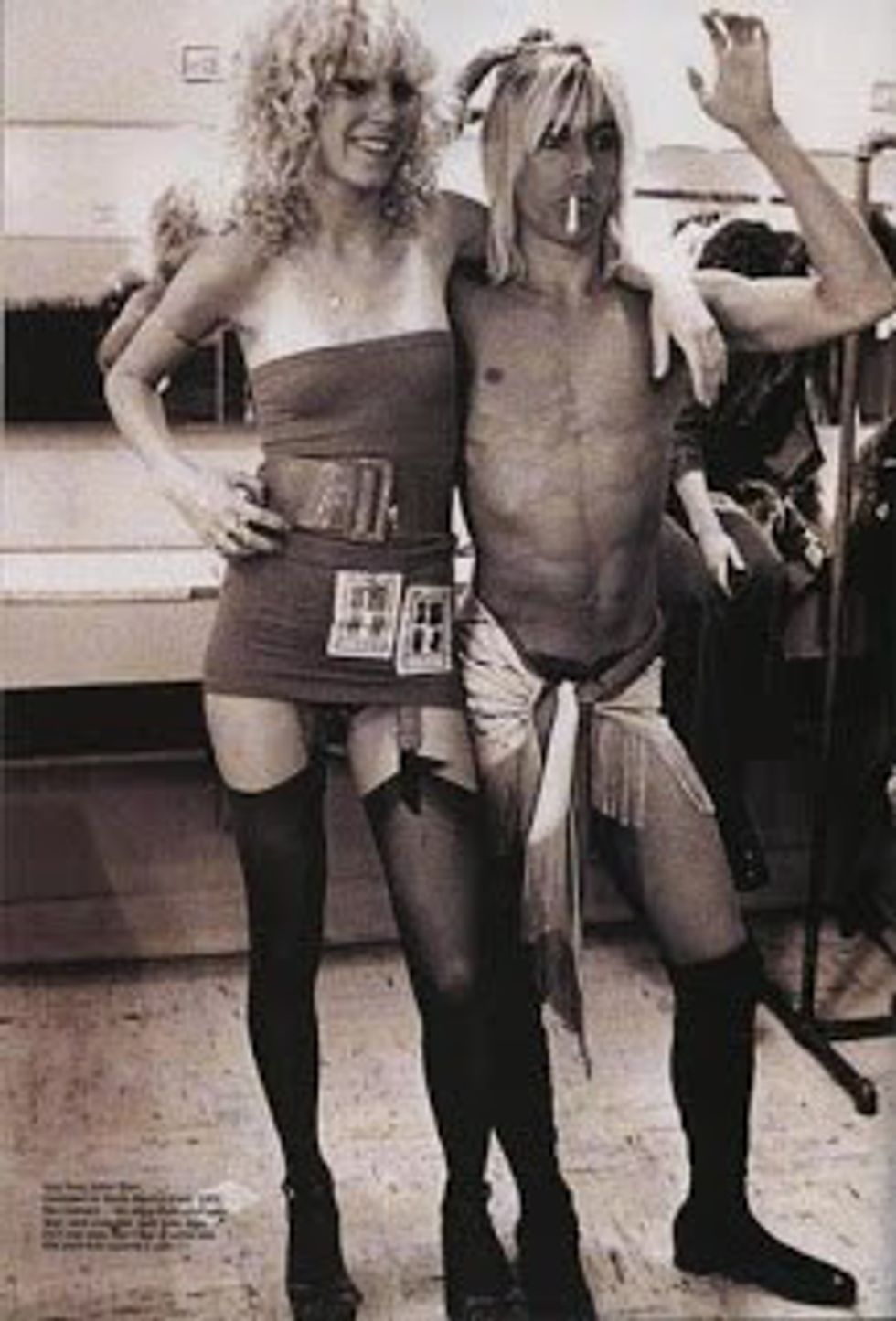In one episode of “That ‘70s Show,” Eric and Hyde are asked to draw God—and they draw Clapton. The real life “Clapton is God” picture is famous. It shows, frozen forever, how we view rock stars. Our rock legends are gods to us. In fact, why would you want to be a rock legend when you can be a rock god? A Golden God. A Lizard King. People look back at the classic rock era as the best time for music and the best time for people with these band members leading their nostalgia. However, these guys often aren’t all they’re cracked up to be.
Imagine being a rock ’n’ roll wife or girlfriend; just like today, people were envious of their lives and the opportunities they received. However, behind closed doors things were not what they seemed. Was abuse against women more accepted in the ‘60s and ‘70s? It would seem so from the amount of musicians who beat their significant others. John Lennon, a man we typically associate with peace and love, has openly admitted he’s “a hitter.” In a 1980 Playboy interview, Lennon said, “I used to be cruel to my woman, and physically — any woman. I was a hitter. I couldn’t express myself and I hit. I fought men and I hit women.” A man who openly admits to the physical abuse of women is someone who people today still adore, and is still a pop culture icon. Meanwhile, someone like Chris Brown is demonized for doing the same thing. While both are not okay, why is one forgiven when the other isn’t? Other musicians who harmed their wives or girlfriends include Tommy Lee, Slash, Axl Rose, Ike Turner, Ozzy Osbourne (who tried to kill Sharon in 1989, but is still loved), and many, many others.
Sexism in rock ’n roll culture shouldn’t come as a surprise, especially in a space that to this day is very male-dominated. Why weren’t there more women in music? Probably because it was hard to get in and stay in the industry. That isn’t to say there weren’t some big ladies who made it. Mama Cass from The Mamas and the Papas, Grace Slick from Jefferson Airplane, Stevie Nicks from Fleetwood Mac, and of course, Janis Joplin. Janis is a unique case because she was described as “one of the guys” by her bandmates and friends. However, one of her ex-lovers famously said, “Sexism killed Janis.” Often, The Runaways are used as an example of a girl group that totally rocks, but this didn’t come without a price. In July of this year, Jackie Fuchs (Fox), bass player for The Runaways, came forward with an article about their manager Kim Fowley raping her—worst of all, her two band members were in the room and didn’t try to stop it. These were young girls (between 14 and 16) who were under an older man who was in a position of power over them.
How can you talk about rock ’n’ roll and not talk about groupies? Groupie culture became the norm, but during the ‘70s, something new popped up. They were called “baby groupies”—girls as young as 11 in the Los Angeles area who hooked up with musicians when they came. Jimmy Page is famous for this, and for having sex with underage girls. Both Jimmy and The Stooges singer Iggy Pop had long lasting relationships with two of the most “famous” baby groupies, Sable Star and Lori “Lightning” Maddox. Iggy Pop even wrote a song about losing Sable in 1996, with horrifying lyrics such as “I slept with Sable when she was 13, her parents were too rich to do anything.”
Speaking of song lyrics, the sexism present in classic rock music is astounding. In fact, while I was looking this up, The Rolling Stones got a whole article to themselves. From Bob Dylan and The Beatles, to The Monkees and Cat Stevens, so many artists that we love and enjoy wrote misogynistic songs.
Overall, it's important to recognize that these things happened. More often than not, I see people trying to say that these things aren't true because they don't want to see their favorite people in a bad light, which while understandable, isn't good. Society should see women's struggles and stop making men feel so godlike for being human.



